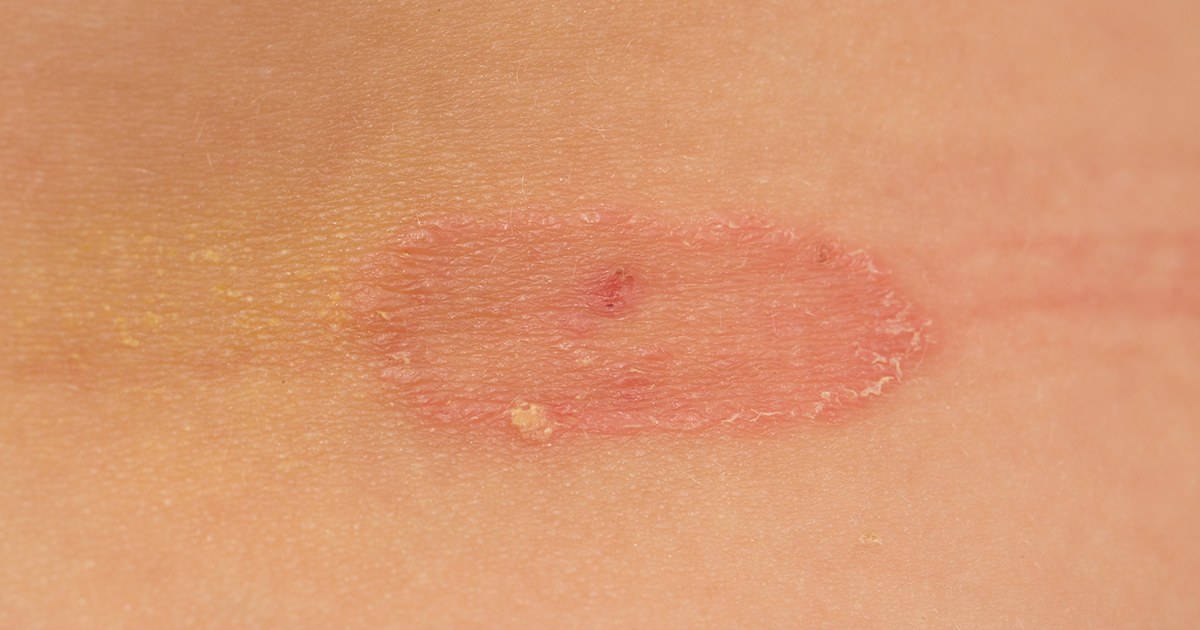Signs Of An Immunodeficiency Disorder
Fungal Infections

Fungal infections are caused by small living organisms called fungi, which include yeasts and molds. These organisms live in the human body naturally and remain under control. However, a compromised immune system cannot maintain the bodies flora or manage the growth of fungi, as they may become unmanageable and take over their host. This can lead to complications and serious health issues. Several types of infections that can signal an immunodeficiency disorder include yeast infections, ringworm, and aspergillosis. When you develop a yeast infection, this single-celled organism invades your body can infect any area on your body, including your skin, sexual organs, armpits, and toenails. It thrives in moist areas and produces a rash when present.
Ringworm is a contagious infection caused by tinea corporis a fungus that affects the skin. It forms a round, flat, and itchy rash. These sores can appear anywhere on the human body and spread through clothing, linens, and furniture. Aspergillosis is a mold that lives everywhere and does not affect people with healthy immune systems. It affects those who are not capable of fighting off disease and causes allergic reaction and lung infections.